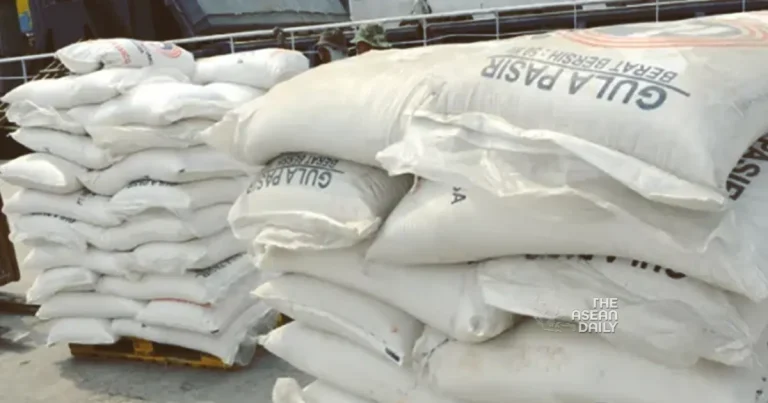30-4-2024 (JAKARTA) In a bold move to reduce its reliance on sugar imports and nurture a thriving bio-based industry, Indonesia, the world’s largest sugar buyer, has unveiled ambitious plans to establish sprawling sugarcane plantations in the eastern province of Papua. The initiative, announced by Investment Minister Bahlil Lahadalia on Monday, aims to propel the nation towards self-sufficiency by 2027 while fostering the production of bioethanol and other value-added products.
Domestic sugar prices have soared amid tight supplies, exacerbated by last year’s drought induced by the El Niño weather phenomenon, which dealt a severe blow to crop yields. Seeking to address this challenge head-on, the government has identified a staggering 2 million hectares (4.9 million acres) of land in Merauke, South Papua, for a dedicated industrial estate dedicated to sugarcane cultivation, milling facilities, a bioethanol plant, and a biomass power plant.
“For the first phase, two million seedlings will be imported from Australia,” Bahlil revealed, adding that domestic companies, including state-owned enterprises, will spearhead the ambitious project, though specific timelines and details regarding potential forest clearance remain undisclosed.
The urgency for action has been underscored by the soaring domestic sugar prices, which have surged by 24% over the past year to an average of 18,344 rupiah ($1.13) per kilogram, according to government data released on Monday. Weak output and supply constraints have exacerbated the crisis, prompting the Indonesian Sugar Mills Association to anticipate a month-long delay in the start of the milling season, now expected to commence in late May.
“The El Niño-driven drought severely damaged sugarcane crops, forcing some plantations to replant, delaying the ripening process and consequently pushing back the milling season,” explained Dwi Purnomo Putranto, the association’s executive secretary.
Compounding the woes, sugar imports plummeted by 14.4% in 2023 to 5.25 million metric tons, as global prices reached multi-year highs, leaving stockpiles perilously low at the start of 2024.
The Papua initiative represents a concerted effort by the Indonesian government to address the country’s long-standing dependence on imported sugar while simultaneously fostering a sustainable, value-added industry. By harnessing the vast tracts of land in the eastern region, Indonesia aims to cultivate a robust sugarcane industry that could not only satiate domestic demand but also position the nation as a potential exporter of sugar and its derivatives.
Furthermore, the establishment of a bioethanol plant within the envisioned industrial estate underscores Indonesia’s commitment to embracing renewable energy sources and reducing its carbon footprint. Bioethanol, a biofuel derived from sugarcane or other biomass, offers a cleaner alternative to conventional fossil fuels, potentially paving the way for a more sustainable transportation sector and aligning with the nation’s broader environmental objectives.




